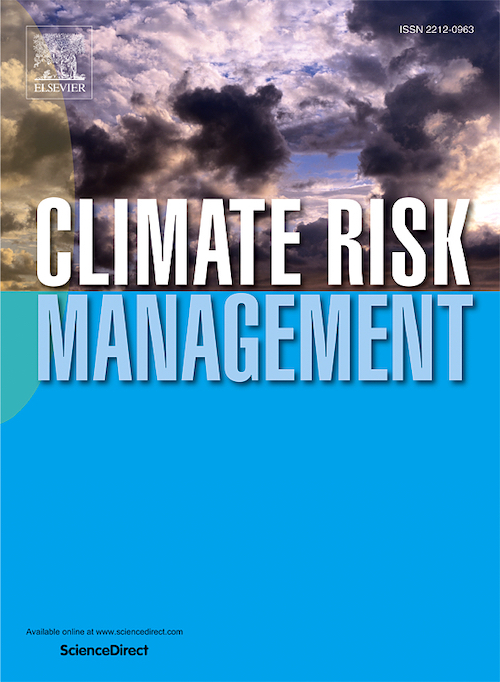Publication : « Meaning in the face of changing climate risks: connecting agency, sensemaking and narratives of change through transdisciplinary research »
Vanderlinden, J.-P., Baztan, J., Chouinard, O., Cordier, M., Da Cunha, C., Huctin, J. M., ... & Surette, C., 2020. Meaning in the face of changing climate risks: connecting agency, sensemaking and narratives of change through transdisciplinary research. Climate Risk Management 29 (2020) 100224. (hal-02862464)

This paper contributes to the body of knowledge associated with the analysis of transdisciplinary research. We use a narrative centered approach, focusing on hybridity, sensemaking and the potential for transdisciplinary research to foster agency.
When confronted with changes, people – as individuals – and local communities – as groups – make sense of them in the light of their own knowledge, beliefs and experiences. The process by which communities make sense of changing institutional and natural environments can be defined as the interaction between their own frame of reference and the perception of the situational demands inherent to changes, together with their interpretation of these changes. Such a dynamic process of sensemaking constantly redefines the boundaries of the narratives that community members can call on to give meaning to their past, present and future. In this paper we use five case studies to analyze how this sensemaking plays out in situations of changing climate risk and changing frames of reference associated with the presence of transdisciplinary scientists. We identify the central challenge of ambiguity. We define ambiguity as situations where narratives of change assign different meanings to the changes observed. In such situations, we observe three potential outcomes in our case studies: (1) communities appear to be forced into inaction – as a consequence of agency-depriving senselessness; (2) communities appear to be cornered into maladaptation – as a consequence of a misguided sense of agency; and (3) communities try to resolve ambiguity and effectively move forward – as knowledge-based agency-fostering exercise. In light of these results, we argue that by contributing to the clarification of such ambiguities, climate science may contribute to increases in local agency, thus enhancing adaptive capacities. We conclude by proposing that climate science be place-based and community–centered. The purpose of such a shift would be aimed at building the agency-enhancing sensemaking of local communities.



